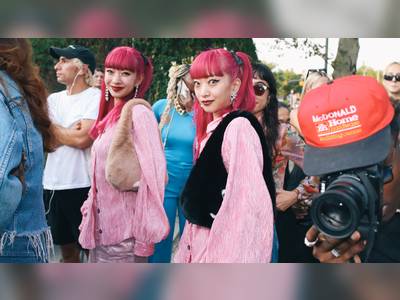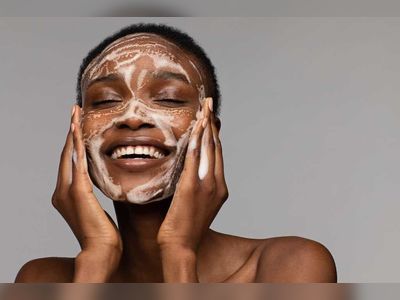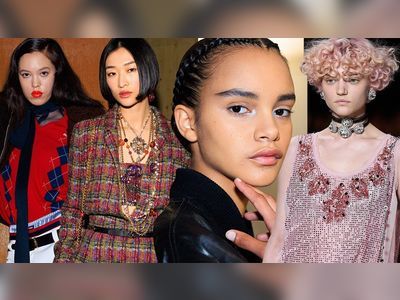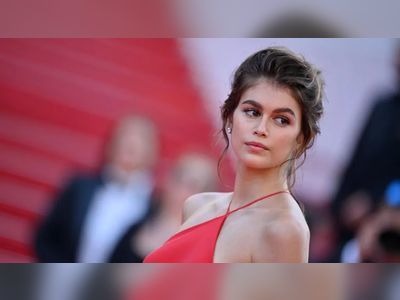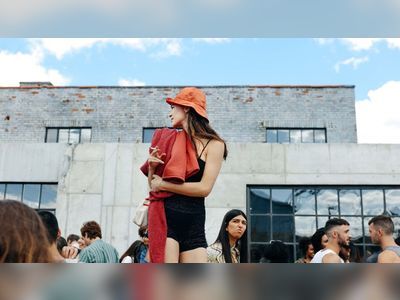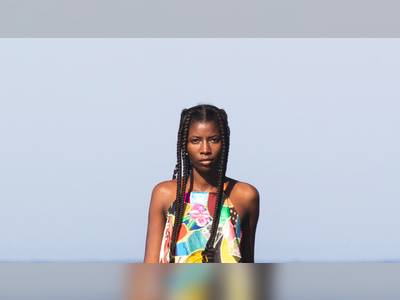Most of the first French names to appear in the U.S. were a cinch, like Dior and Chanel. But a lot of the names in play today need to be spoken with a real lilt , like Jean Paul Gaultier (zhan paul GO-tee-AY), Alber Elbaz for Lanvin (al-BEAR el-BAHZ for lon-VAN), and Nicolas Ghesquière (NEE-ko-la guess-KYAIR).
Mamma mia! The Italian names can play tricks on you, too -- such as Bulgari (BOOL-ga-ree), Ungaro (OON-ga-ro), Versace (ver-SAH-chay) and Zegna (ZANE-ya). And from Spain comes the tricky Loewe (LO-ee-VAY). (To hear every last nuance of pronunciation, check out the audio tutorial at WSJ.com/Fashion.)
Even some American designers can leave you tongue-tied. Last year, Target shoppers were faced with the challenge of pronouncing Proenza Schouler (pro-EN-za SCHOOL-er), when the American duo sold a collection that included $49 bustier tops there.
Don't worry that you'll sound affected. Why not try to get it right? The more syllables, the more delicious it sounds: I just love to say the name of Swiss watch maker Vacheron Constantin (va-sha-RON con-ston-TAN).
But don't force a fashion-y flourish on American designers whose names sound just like they look: It's Ralph Lauren (rhymes with "foreign") and Donna Karan (sounds like "Karen").
